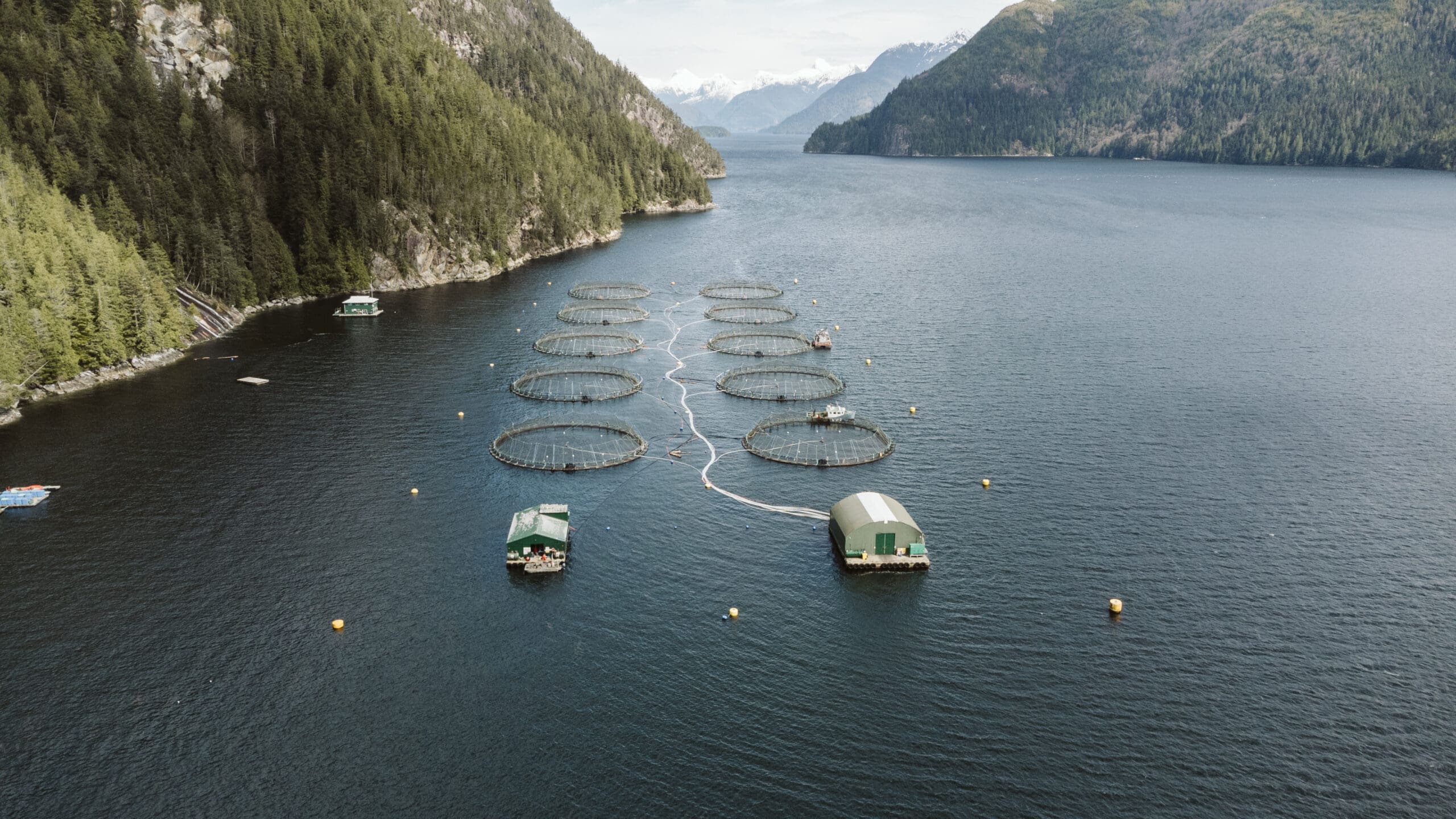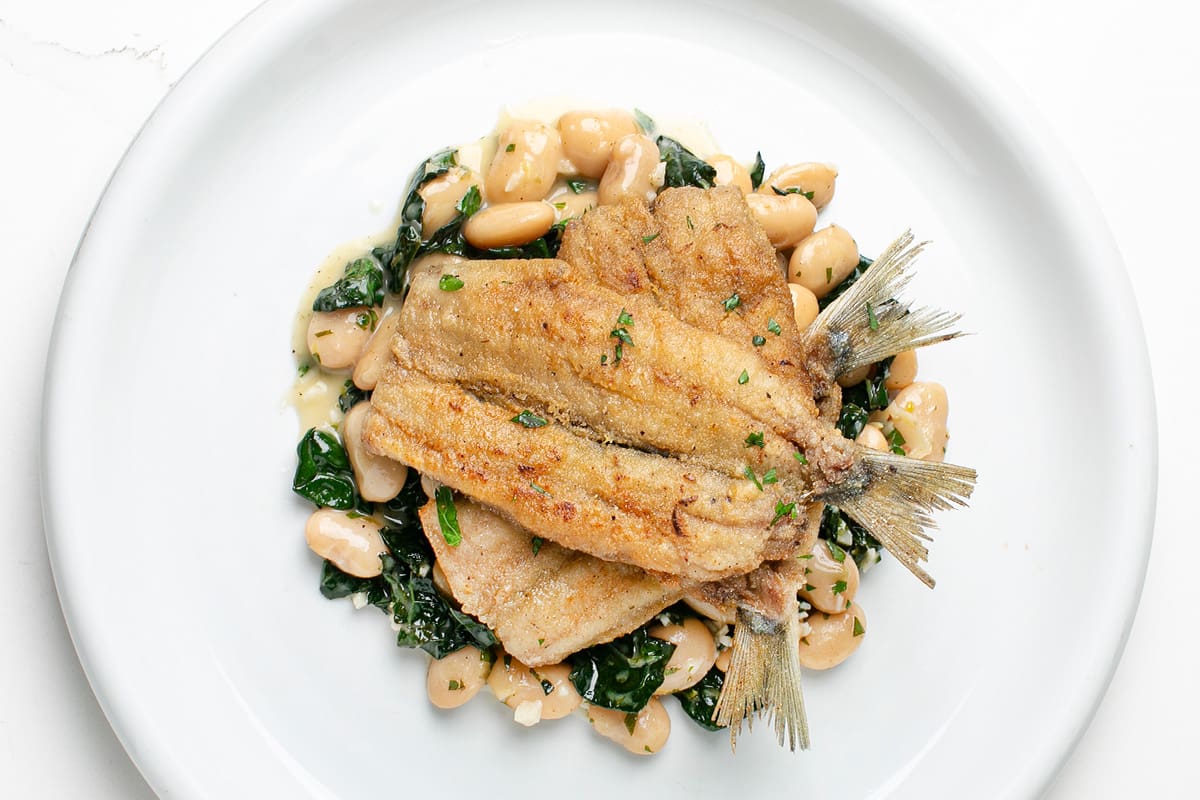Skipper Otto
Explore
Stay updated on seafood news with Skipper Otto.
See all postsFishing Stories
Dive into inspiring fishing stories from our small-scale, independent fishing families at sea!
Recipes
Tempt your palate with our favourite seafood recipes. Explore incredible new flavour combinations and add to your repertoire.
Featured Posts

A Court Win For Wild Salmon, And Why Momentum Still Matters
News
•
5 minute read
January of 2026 brought welcome news for everyone who cares about wild salmon and the future of independent fishing on BC’s coast! Here's why.

Crispy Butterflied Herring With Garlicky Kale Butter Beans
Recipes
•
4 minute read
Budget-friendly recipes don’t get much greater than our crispy butterflied herring with garlicky kale butter beans!
